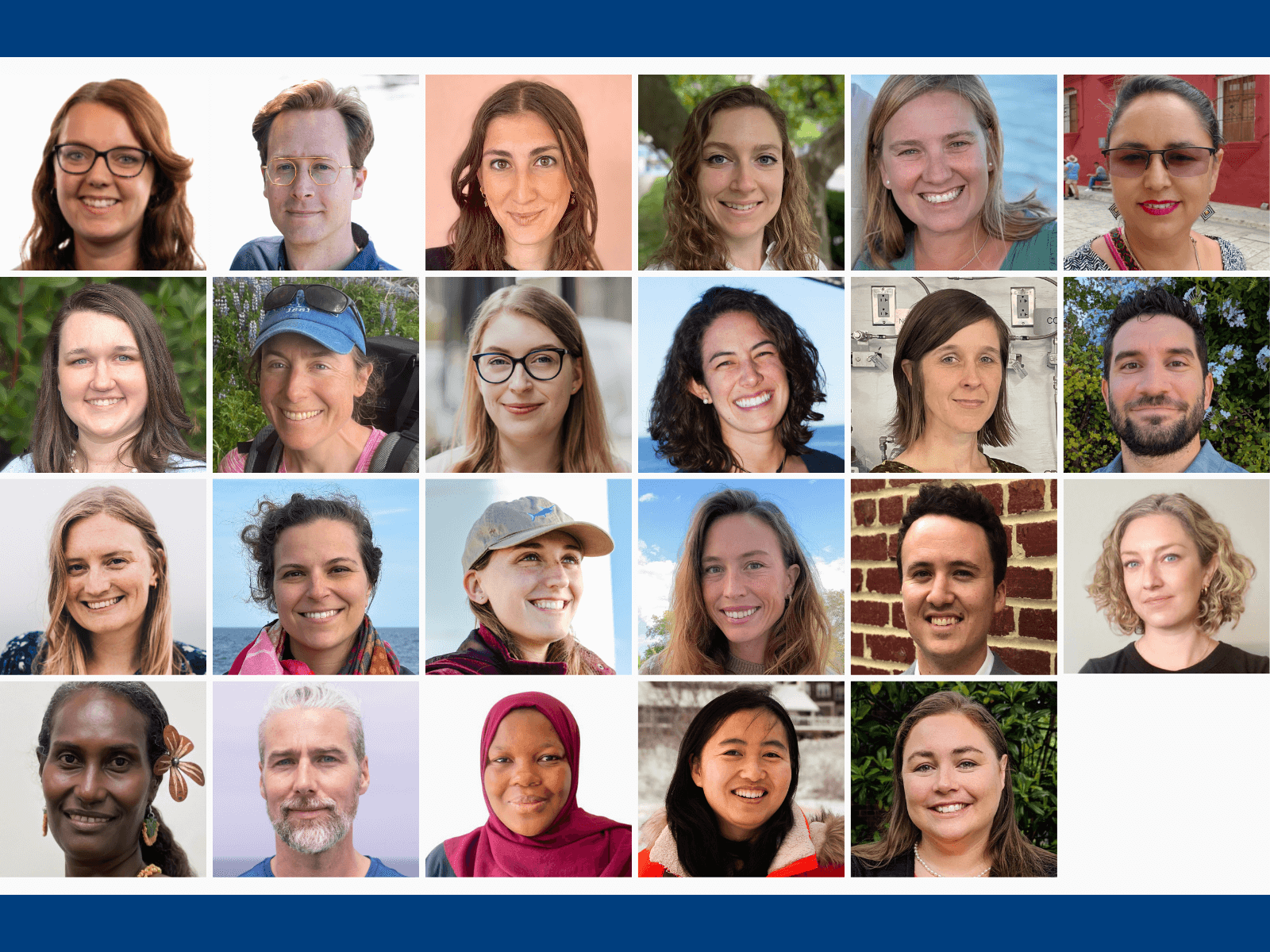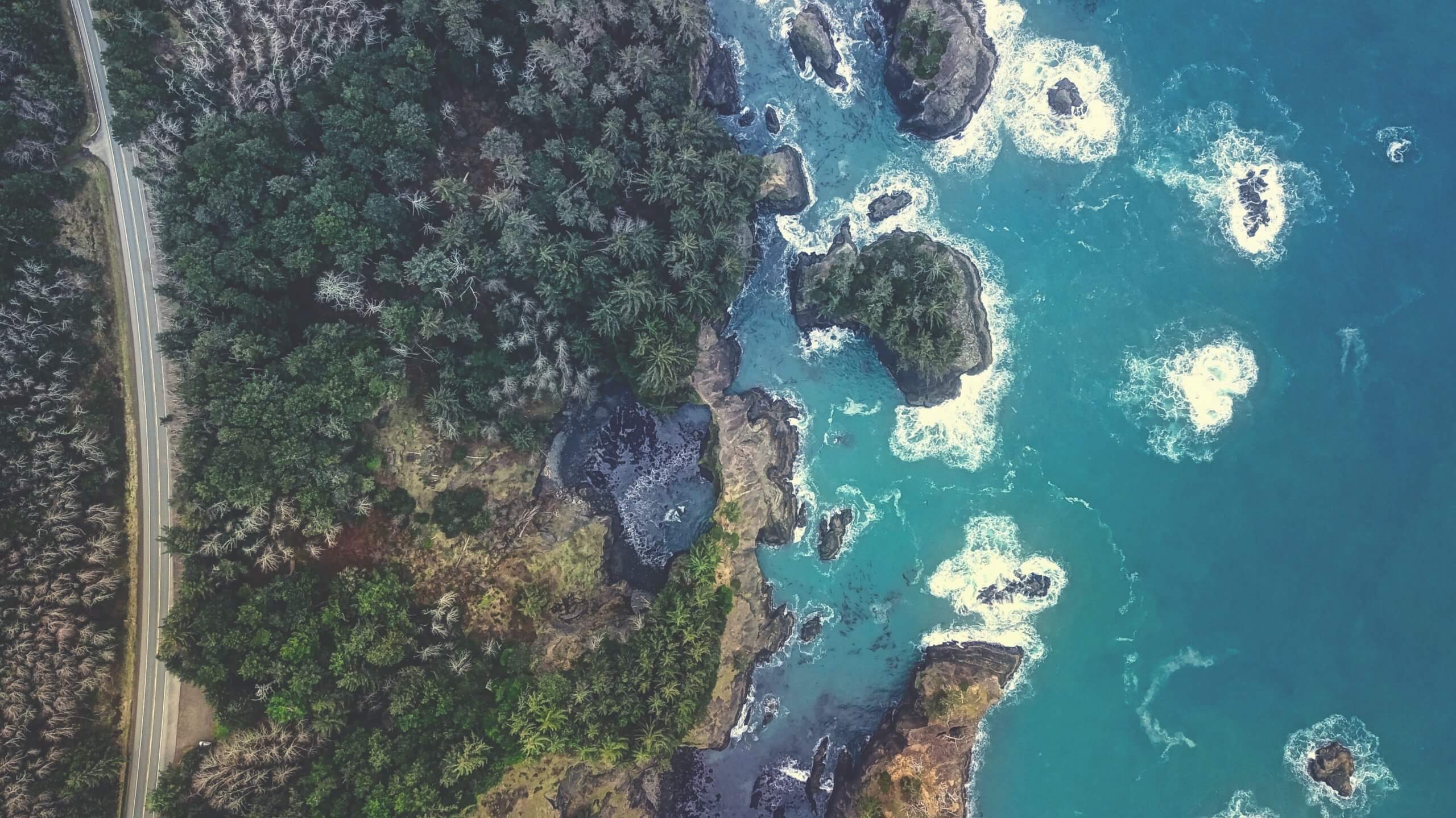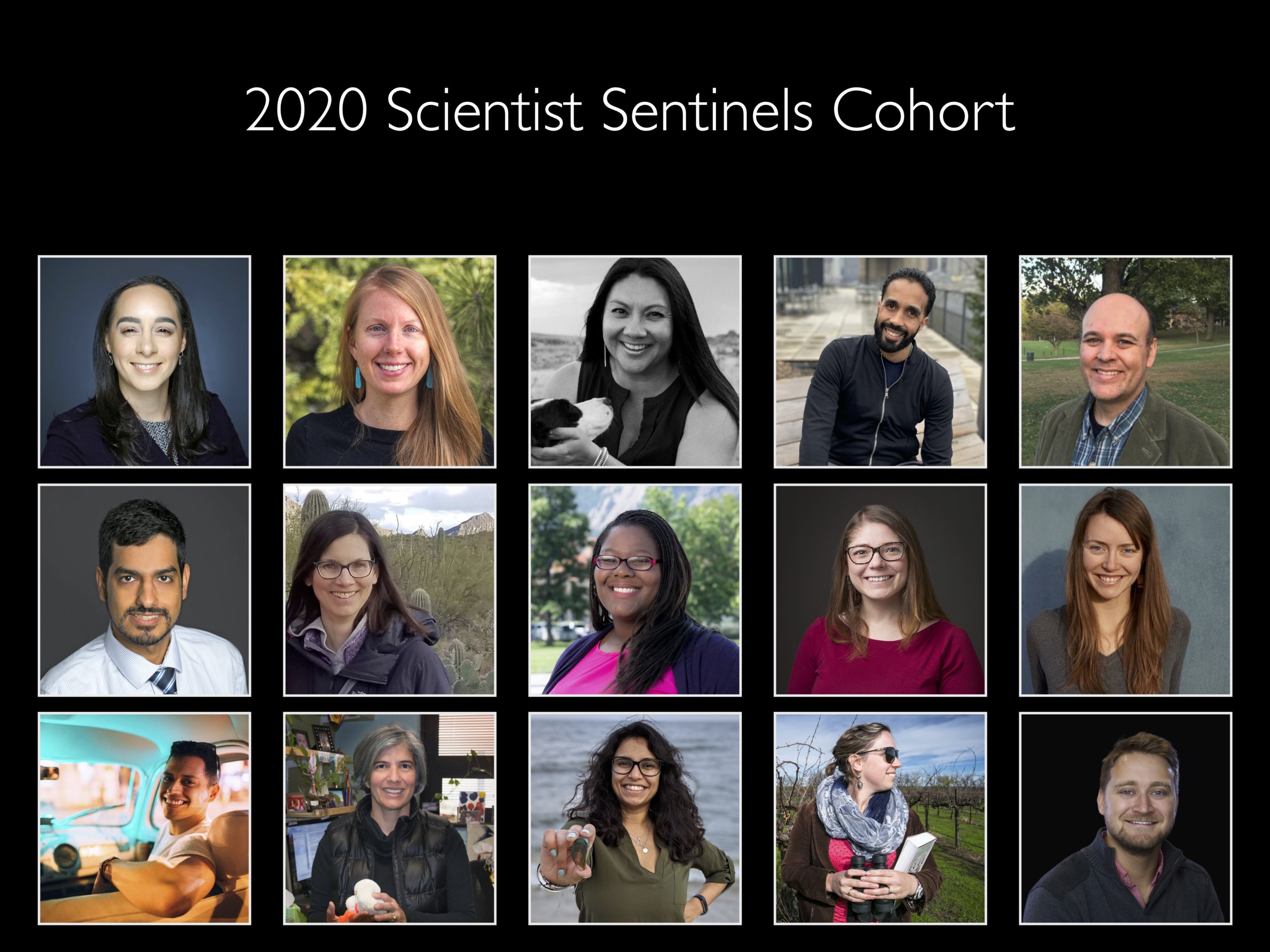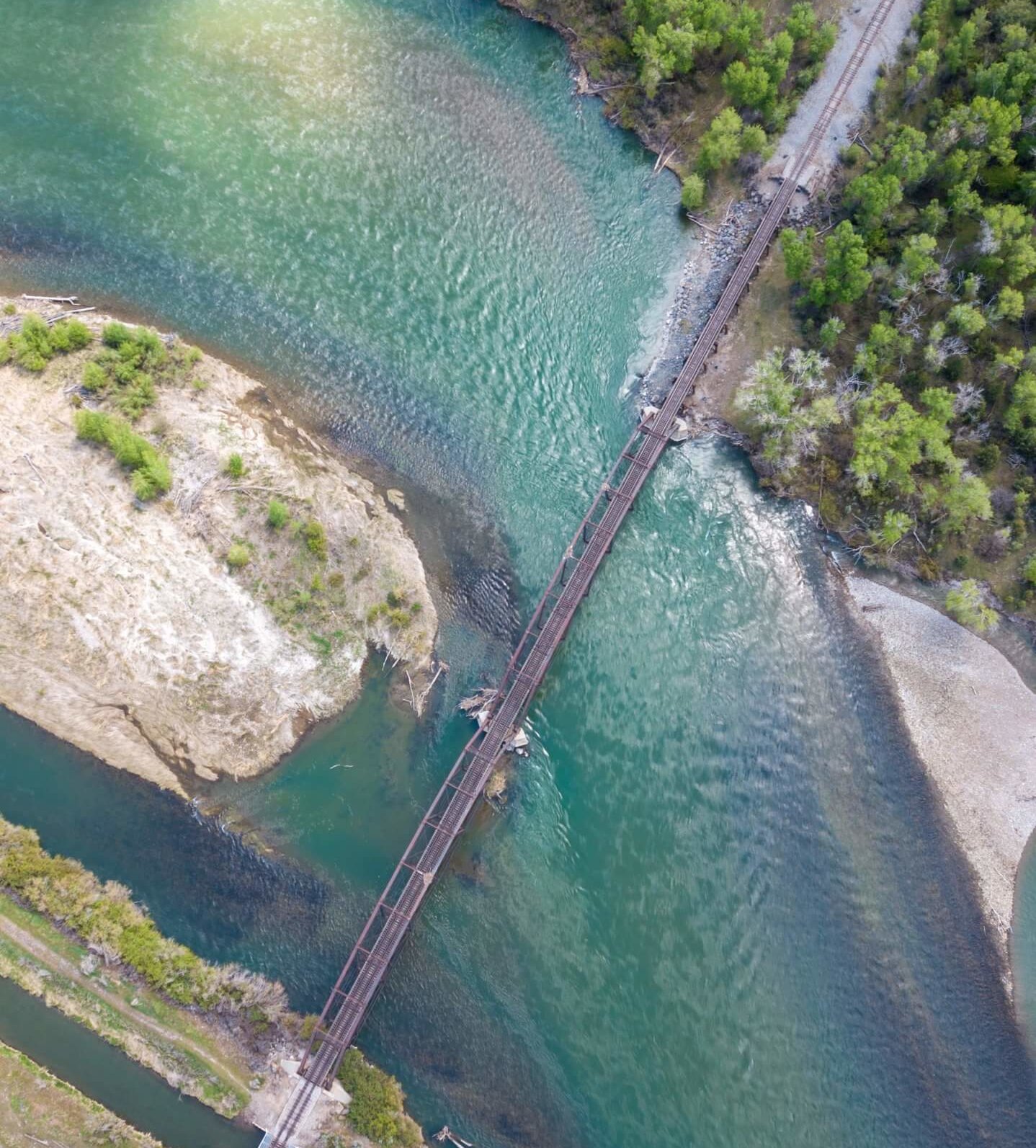COMPASS is thrilled to introduce our new COMPASS mCDR Communication Leaders cohort! This group of experts spans disciplines, sectors, geographies, and career stages. From biophysical and social scientists to practitioners in academia, government, nonprofits, and industry, they bring a rich diversity of perspectives essential to understanding the full picture of marine carbon dioxide removal (mCDR) and its role in climate solutions.
These experts are stepping into an important role at a pivotal time for the field. As the field grows and evolves, it’s more important than ever to have experts who can serve as reliable sources of information about its potential, complexities, and tradeoffs and guide conversations with clarity, compassion, and credibility.
“The ability to communicate science clearly and effectively is key to ensuring that mCDR is considered responsibly as part of broader climate strategy,” said Heather Mannix, co-Executive Director and Director of Strategic Engagement at COMPASS. “With the growing attention and investment in mCDR, it is critical that the conversations are grounded in science, as well as the social considerations, values, and diverse perspectives of those involved.”
Maintaining a focus on ethical and responsible communication on mCDR is crucial to helping groups understand the tradeoffs as well its potential.
“Marine CDR holds great potential as a climate solution, but for it to be tested and scaled responsibly, it needs to be something that communities not only approve but actually have a say in designing,” said Dr. Sara Nawaz, Director of Research at American University’s Institute for Carbon Removal Law and Policy and one of the program’s Science Leads. “To get to a place where this kind of collaborative design is possible, we need conversations that involve all the groups potentially impacted, from Tribal nations and other rightsholders to communities on the frontlines of climate change. And project developers, policymakers, and researchers also need to understand how to effectively have these conversations. This cohort will be instrumental in creating the foundation for transparent conversations about mCDR that are informed by science and guided by shared values.”
We were heartened by the strong interest in this program, which reflects the growing recognition of the importance of clear communication and engagement around mCDR. After reviewing a large pool of thoughtful nominations, we selected participants based on the range of expertise and alignment with the program’s goals and values. We are confident that each participant will bring invaluable perspectives and energy to this space.
Over the course of the program, participants will strengthen their communication and engagement skills, connect with key groups, and support one another in navigating the challenges and opportunities of sharing science in this fast-evolving field. Through this collaborative space, they’ll explore how to communicate in ways that are accessible, effective, inclusive, and responsive to the needs of society.
“We’re at a critical moment for mCDR, and it’s an honor to advise this cohort of experts,” said Dr. Adam Subhas, Associate Scientist at Woods Hole Oceanographic Institute and one of the program’s Science Leads. “The opportunity to collaborate with others from different sectors and career stages will be invaluable as we work to communicate the complexities of this field to guide informed decisions.”
We’re honored to support this remarkable group of mCDR experts and excited to see how their work helps inform thoughtful, responsible conversations about our climate future.
Check out the cohort bios here. And stay tuned—we look forward to sharing more about the cohort as the program progresses.
The program is thoughtfully advised by Dr. Sara Nawaz and Dr. Adam Subhas and made possible through the generous support of ClimateWorks Foundation and Carbon to Sea Initiative.



